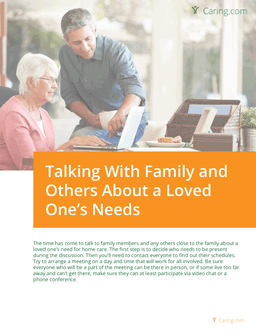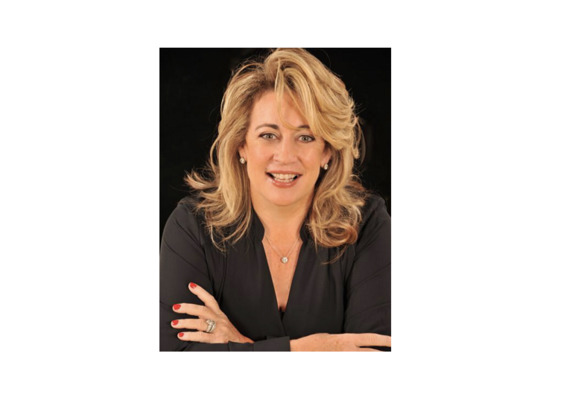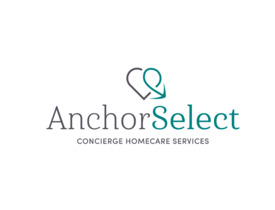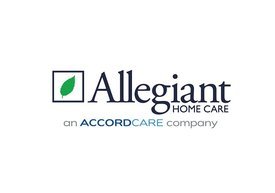"Welcome to Help at Home Ct and NY. We provide warm and compassionate 5-star Quality In home and In facility care to Seniors. Why choose ..."
READ MOREThe 10 Best Home Care Agencies for Seniors in Howard Beach, NY for 2025
Caring.com offers a free service to help families find senior care and authentic reviews to help you in your decision. On average in Howard Beach, NY, residents and their loved ones rate In Home Care agencies across the 50 options below.
Home Care Services in Howard Beach, New York
50 Results
Filters
50 Results
Didn't find what you were looking for?
Caring's Family Advisors are here to help you with questions about senior living and care options.
What you can do with Caring
Paying for Home Care in Howard Beach, NY
The Cost of Home Care in Howard Beach, NY
In-home care for seniors in Howard Beach and New York City overall costs $191 per month more than the state average, according to the Genworth Cost of Care Survey 2021, and $572 more than the national average. The cost in Poughkeepsie is in line with the state average, offering little relief compared to Howard Beach, while seniors in Kingston save around $400 per month. Binghamton’s average cost for home care is lower by $715 per month.
Howard Beach
$5,529
New York
$5,339
The United States
$4,957
Poughkeepsie
$5,339
Kingston
$5,148
Binghamton
$4,814
The Cost of Home Care vs. Other Senior Care Options in Howard Beach, NY
Home health care services such as physical therapy and skilled nursing cost around $200 per month more than basic in-home services for seniors, which include personal care and household chores. The average cost of assisted living in Howard Beach is virtually identical to that of home health care, whereas a semiprivate room in a nursing home costs more than double the monthly rate for both levels of in-home care. Adult day health services in Howard Beach are significantly more affordable, with average savings of $3,579 per month when compared to home care.
Home Care
$5,529
Home Health Care
$5,720
Adult Day Health
$1,950
Assisted Living Facility
$5,750
Nursing Home Care (semiprivate room)
$12,471
Financial Assistance for Home Care in Howard Beach, NY
Given the high cost of in-home care, many people use one or more forms of financial assistance to cover the expenses. Below, we explain some of the most common sources of financial help for paying for in-home care. If none of these options are available to you, you can reach out to your Area Agency on Aging or Aging and Disability Resource Center to learn about local resources.
- Long-Term Care Insurance: Long-term care insurance covers expenses related to senior care, including in-home care. Depending on the policy type, beneficiaries may receive a cash payment to use towards long-term care or reimbursement for qualifying long-term care expenses. Note that there are limitations- typically a maximum benefit of $150 per day- and exact coverage terms vary depending on the exact policy, so always check the details.
- Medicare: Medicare does not cover in-home care because it is classified as custodial, or non-medical, care. However, some Medicare Advantage and Medicare Supplement plans, which offer expanded benefits, may cover in-home custodial care.
- Medicaid: Medicaid coverage of in-home care varies between different states because it is not a federally mandated benefit. Currently, all states cover some in-home care either through their standard Medicaid or a waiver program. The specific coverage rules are set individually by each state.
- Veterans’ Benefits: The Aid and Attendance benefit is a monthly cash payment that beneficiaries can use to pay for senior care, including in-home care services. To qualify for A&A, Veterans must already receive the VA pension and meet several additional requirements, including needing assistance with the activities of daily living. Contact the Department of Veterans Affairs to learn more.
- Reverse Mortgages: Home Equity Conversion Mortgages (HECMs) are federally insured loans that are available to homeowners age 62 and over. Reverse mortgages allow you to access a portion of your home’s equity in cash, tax free. Many seniors use reverse mortgages to finance their care expenses, including in-home care. Note that although there are no monthly payments due on reverse mortgage loans, borrowers do have to repay the loan once the last surviving homeowner passes away, moves, or sells the home.
Determining Your Loved One’s Need for In-Home Care
Aging can be a difficult process, and loved ones may not always ask for help – often times it’s up to their family to evaluate their need for help around the house. While no two situations are exactly alike, this checklist can help you and your loved ones determine when it’s time to start the search for a home care provider.
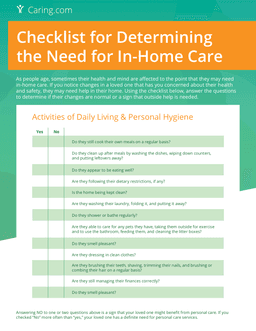

Guidelines for Talking About In-Home Care
If you’ve determined that your loved one needs the assistance of a care provider in their home, it may be time for a difficult conversation. Handled correctly, however, this process can bring a family together and ensure that everyone’s concerns are addressed. Use this PDF as a starting point to help the conversation stay as positive and productive as possible.
